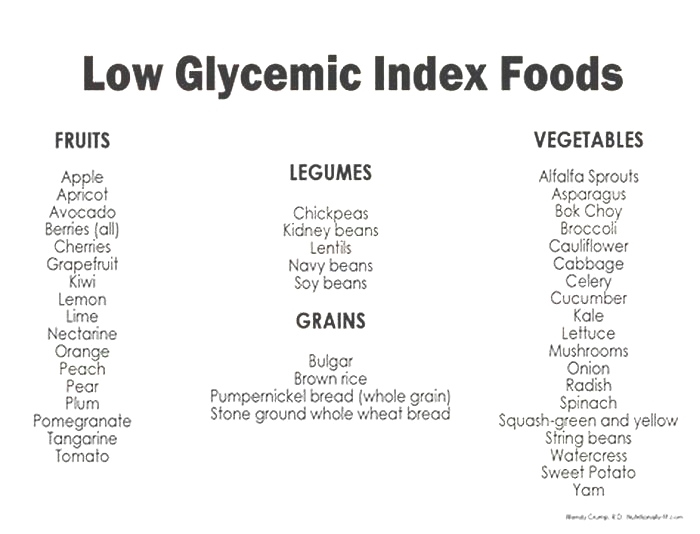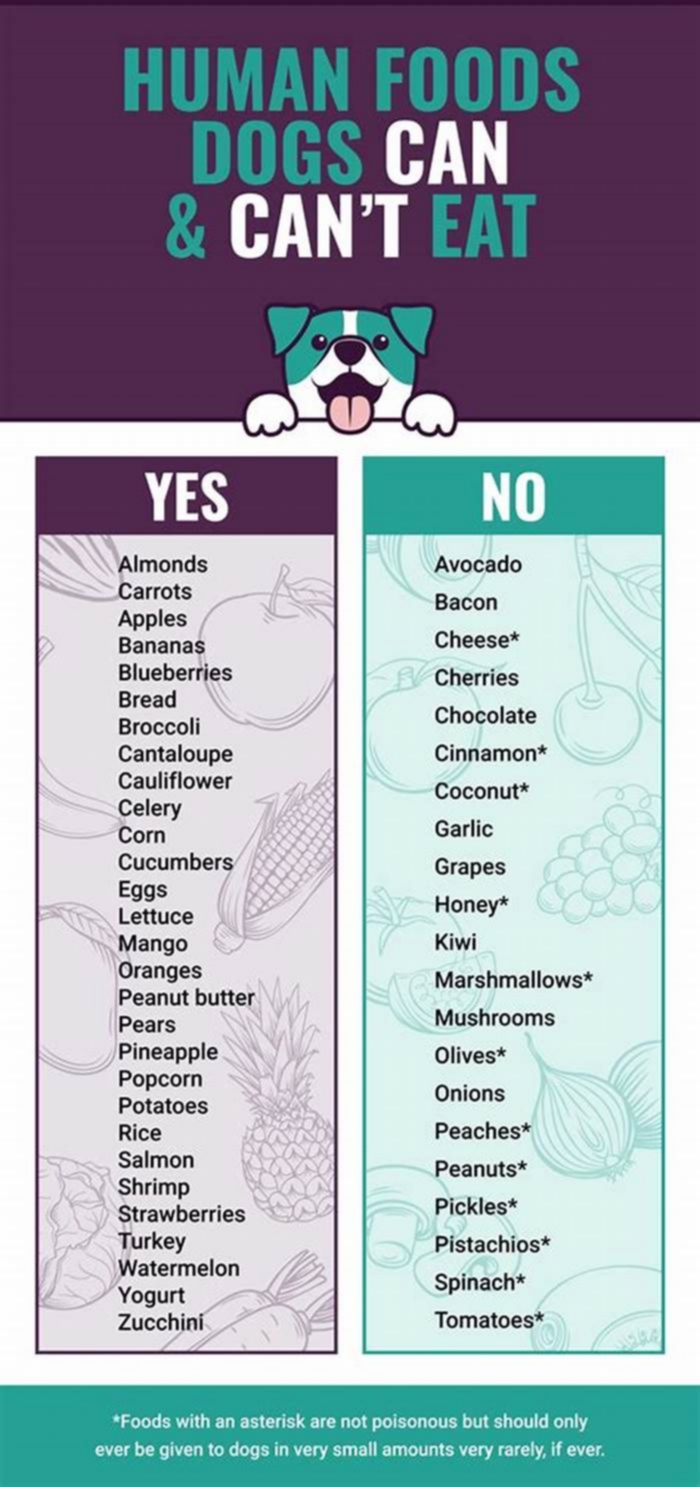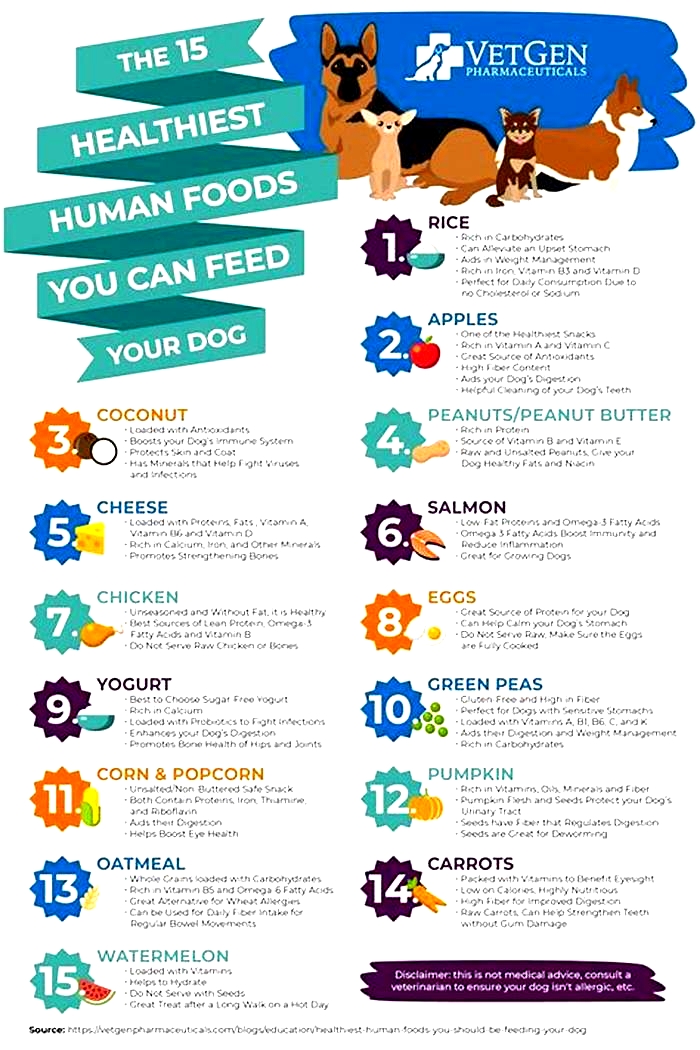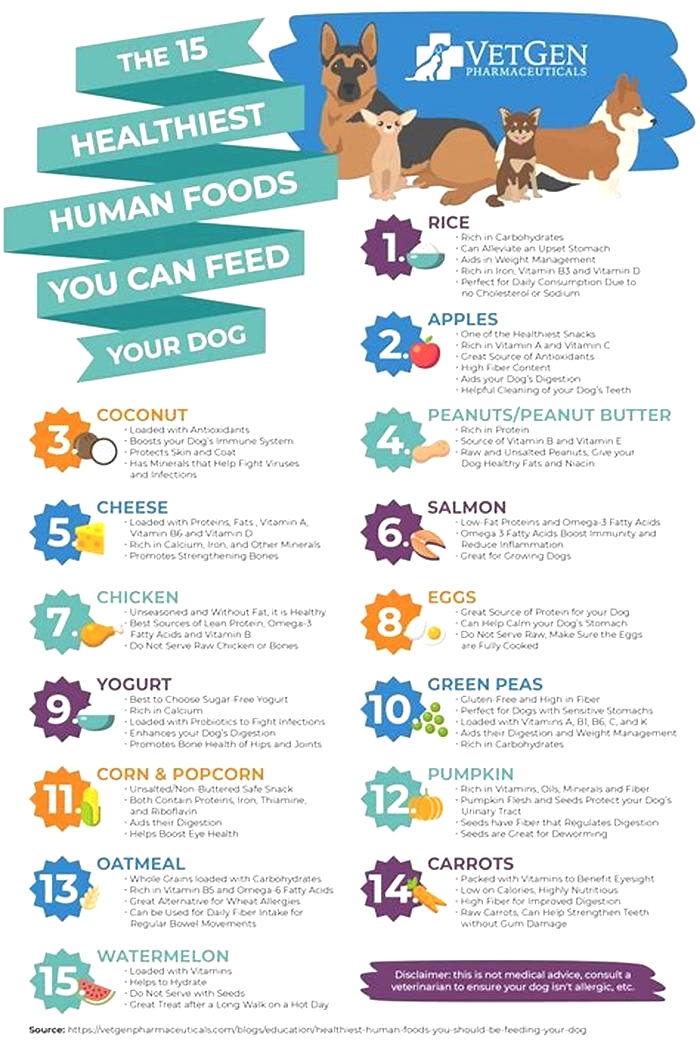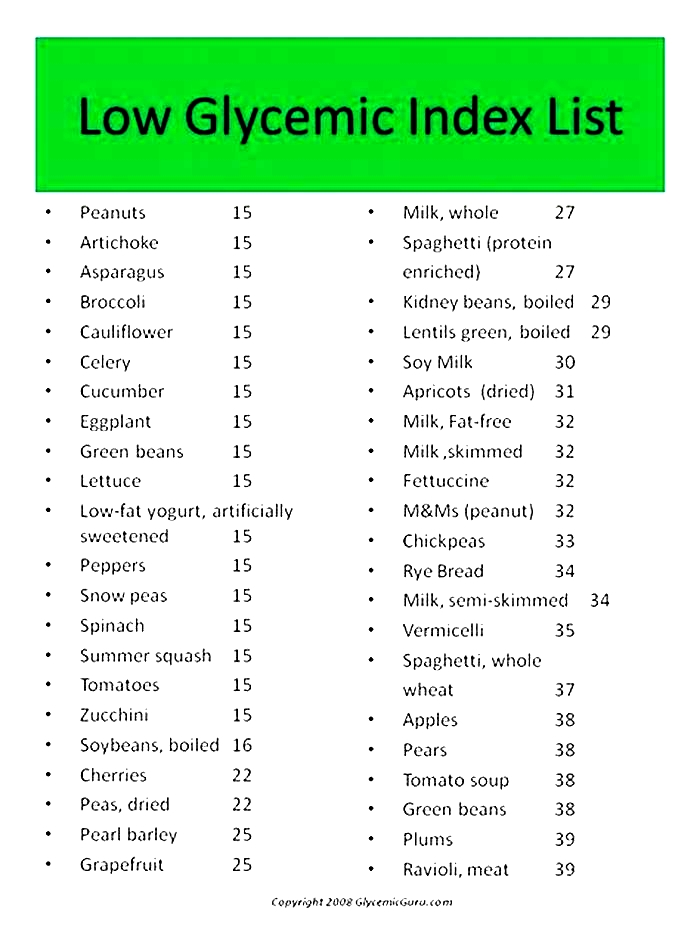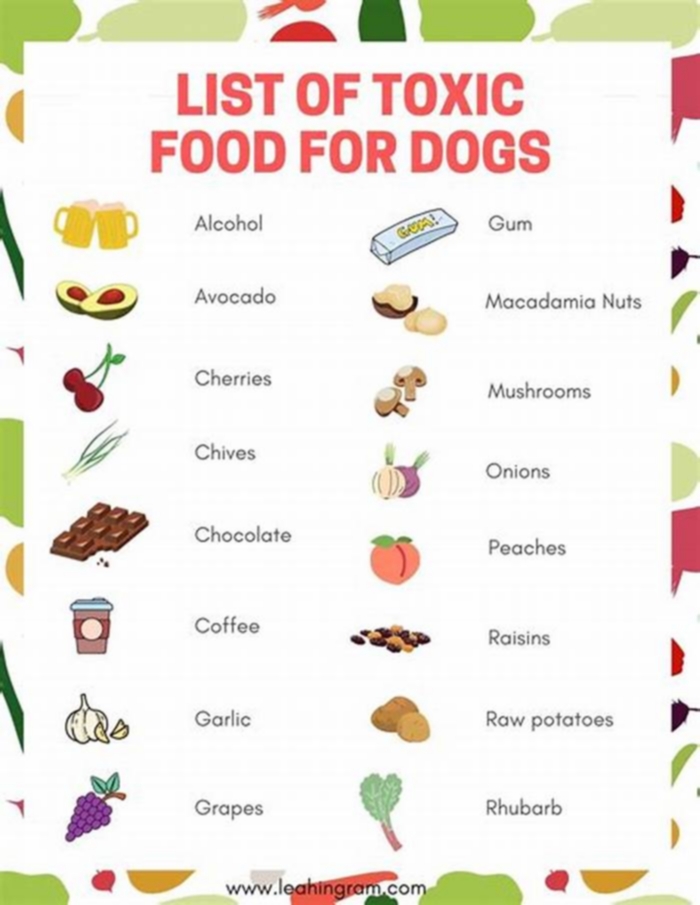What foods are probiotics for dogs
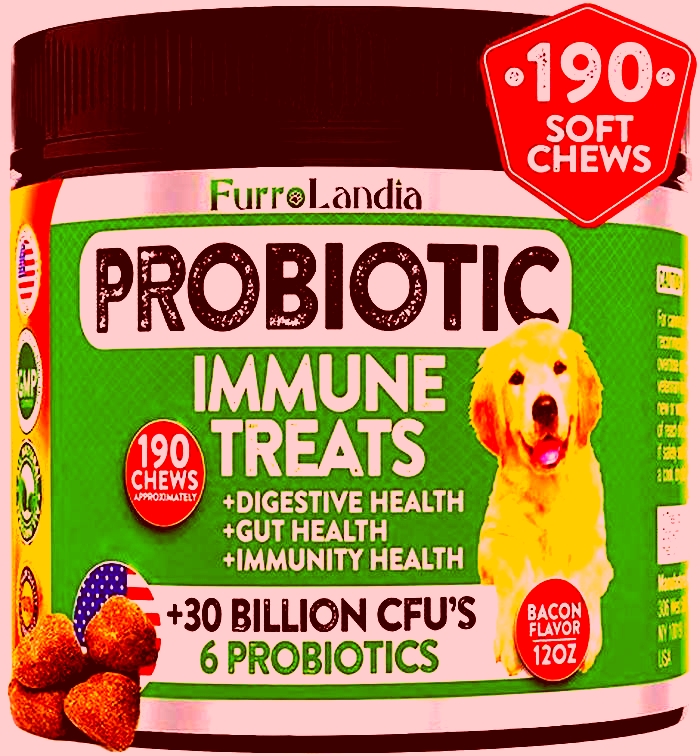
Probiotics for Dogs
Have you ever taken a probiotic? If youve ever eaten yogurt with live cultures, the answer may be yes. The term refers to beneficial or friendly gut-dwelling microbes (bacteria and yeasts). There are billions of them in the gastrointestinal system of all animals, and they aid in the digestion of food, fight off potential pathogens, make nutrients and vitamins, and bolster the immune system. The word itself is derived from the Latin word for (pro) and the Greek life (bio). Probiotics for dogs are a nutritional tool to consider for the health of your best friend.
Sometimes beneficial microbes are damaged or destroyed, and that can cause stomach upset and a general decline in health. If your dog is suffering from diarrhea or related issues or seems to get sick more than other dogs for no apparent reason, your veterinarian may suggest using one of the methods to boost beneficial bacteria:
- Prebiotics are nutrients that are designed to nourish and promote the growth of good bacteria that are already living in the colon.
- Probiotics, also referred to as direct-fed microbials by the pet-food regulatory body AAFCO (Association of American Feed Control Officials).
These products come in several different forms, including:
- Yogurt or kefir with live cultures. Keep in mind that not all yogurt cultures are created equal. Some of the cultures were used for the manufacture of the product, but are not probiotics. Only offer your dog unsweetened, plain yogurt, and read labels carefully to avoid all artificial sweeteners.
- Powders
- Capsules
- Chews
- Dog foods
These products usually contain kinds of bacteria normally found in the canine gut, such as:
- Lactobacillus acidophilus
- Enterococcus faecium
- Bifidobacterium lactis
- Lactobacillus casei
- Bifidobacterium breve
How to Purchase and Care for a Probiotic Product
Gail Czarnecki-Maulden, Ph.D., a senior research nutritionist for Nestle Purina and one of the developers of FortiFlora, says that the big problem with these products is that they are delicate living things. When you look at a probiotic, you are looking at live bacteria that have been adapted to living within the GI tract, she explains in a Canine Health Foundation podcast. Exposure to air, moisture, or temperature extremes will damage their viability. Thats why some of these products are sold in individual serving packets. She also says that people should be mindful of temperature conditions when purchasing a probiotic product. You dont want to buy your probiotics when its 110 degrees outside and you go to the mall for four hours and your probiotics are sitting in a hot car for five or six hours. Its not likely that the probiotics will survive.
Also, there are a few things you should look for on a probiotic package label, for example:
- List of specific probiotics in the product, including strain identification. Dr. Czarnecki-Maulden points out that there are several strains of bacteria, and each does something different. She cites a study in which scientists examined live microbesLactobacillus acidophilusextracted from dog feces. On 97 strains, only 17 had probiotic activity, but they were not all the same. Some showed anti-inflammatory activity, while others were immune stimulants. She points out that more strains or different forms of bacteria are not necessarily better in probiotics, because they may work against one another. Of the studies conducted on how well probiotics work, she says, most have been done with single strains.
- Guaranteed analysis of how many live bacteria there will be at the end of the shelf life. Some companies may say how many live bacteria are in the product at the point of manufacture, but by the time you purchase the product, all the probiotics may have died.
- Use-before date.
When Are Probiotics Used?
Probiotics are most often prescribed for maintaining a desirable intestinal microbial balance, according to the Merck Veterinary Manual. When an animal is stressed or sick, the balance between the healthy and disease-causing microbes may be disrupted. This can lead to diarrhea, gas, cramping, and bad breath.
Some of the triggers for such digestive disorders include:
- Infection or bacterial imbalance
- Stress: As in humans, changes that cause emotional stress, such as boarding, moving, or losing a home, can result in colitis. Thats one reason why many dogs in shelters suffer from diarrhea. Some studies have suggested that probiotics work as well as antibiotics in clearing up diarrhea in shelter dogs.
- Diet: This can include abrupt changes in the menu or eating food that is spoiled or that just doesnt agree with the dog.
- Old age
- Medications: Antibiotics and long-term steroids are known culprits in causing diarrhea by killing good bacteria.
- Parasites
You might consider giving your healthy dog a probiotic if he is prone to developing diarrhea in stressful situations. For example, if you are planning to take your dog to a show or to board the dog, it may make sense to give probiotics a few days in advance. Also, puppies who tend to get diarrhea after training classes or visits to the vet, for example, might benefit from a few days of probiotics in preparation for the stressful event.
Do Probiotics Work?
Anecdotal evidencestories of individual successexists to support the effectiveness of probiotics and some veterinarians swear by them. There are some scientific studies on the health benefits of probiotics in humans or in animals, as well, and in enhancing immune responses in growing dogs. One 2009 Irish study found that supplementation with a specific strain of Bifidobacterium animalis reduced the duration of diarrhea from seven to four days. It also eliminated the need for antibiotic treatment by about 10 percent over placebo.
A guide to probiotics for dogs
Should I give my dog a probiotic supplement?
Healthy dogs can benefit from probiotics, but supplements can be especially helpful when your dog is sick or stressed. Probiotics strengthen the numbers of good bacteria in your dogs gut, which boost their immune response as their body fights infection, sickness, and inflammation. Different dogs require different dosages, though, so always talk to your vet before administering a supplement to know how much to give your pup.
Can I give my dog human probiotics?
While it may not hurt them, some probiotic strains arent effective on dogs, especially if they arent naturally-occurring in their gut. Its best to stick with a vet-approved supplement that was intended for canine consumption in order for them to reap the maximum benefits.
Is Greek yogurt a good probiotic for dogs?
This tangy dairy product features Lactobacillus bulgaricus and Streptococcus thermophilus, two bacterial strains that live in your pups gut, but not in large quantities. As long as its unflavored and free from any sweeteners, Greek yogurt is safe to offer to your dog. However, many dogs are lactose intolerant, so Greek yogurt might not suit them. Probiotic supplements meant for dogs are better since they contain the most beneficial strains.
What type of probiotic is best for dogs?
Probiotics come in various dosages and formsincluding powders, chews, capsules, and foods. Since probiotics are a supplement, they arent legally required to meet FDA regulation or approval. This is why its important to choose one from a reputable company that your vet approves to avoid getting scammed.
Whats the appropriate dosage?
Most vets generally recommend probiotics that contain between 1 and 10 billion CFUs. Every dog is different, though, so consult your vet for the most accurate dosage for your pup.
Homemade Probiotics For Dogs Good for Their Gut Health
Natural, homemade probiotics for dogs provide significant health benefits. It can help by maintaining the levels of good bacteria in their intestines to fight off the harmful bacteria responsible for infections and other diseases.
And yes, there are good bacteria out there. The balance of good and bad bacteria can either make or break your dog's health.
For instance, the more good bacteria (like Probiotics) that succeed in your dog, the better your pup's overall health.
First, let's discuss what even probiotics are. How can they help with our dog's immune system?

What are Probiotics for Dogs?
If you love yogurt, you've probably read or heard of probiotics. For starters, Probiotics are friendly or good bacteria.
Probiotics are live organisms that are found in your dog's gut. On the other hand, a few health benefits of this organism are:
- Promote dog gut health
- Helps digest food
- Produce critical vitamins like vitamin K and B vitamins
- Influence mood by producing serotonin
- Fight off dangerous bacteria
- Produce enzymes
- Produce fatty acids that help reduce the growth of harmful bacteria
- Helps strengthen the dog's immune system
Dogs have billions or not trillions of good bacteria in their stomach to help battle infections, and this is called Microbiome.
What is Microbiome?
A microbiome is a community or population of bacteria and other microorganisms like viruses, fungi, and protozoa that live inside the dog's ecosystem.
Also, a microbiome is like a fingerprint. It is unique to each dog because every dog is exposed to different environments. These bacteria all work together to make our bodies healthy like any other organs. Scientists have also called the microbiome the forgotten organ.

How Probiotics Support The Immune System
It is believed that 80% of a dog's immune system is in its gut. With that being said, bacteria is one of the most crucial elements to your dog's health.
Bacteria, like Probiotics, live inside your dog's gut because they eat the same foods your dog does. For instance, bacteria love to eat fiber since your pup can't digest it.
When these bacteria eat fiber, they'll poop out or release short-chain fatty acids (SCFAs). This means that probiotics are great for promoting health benefits by producing healthy SCFAs for your dog.
These short-chain fatty acids can either live in your dog's colon or travel into your dog's body. These SCFAs play a significant role in your dog's immune system by:
- Feed good bacteria
- Prevents the growth of harmful bacteria
- Prevent leaky gut
- Protection against metabolic disease and obesity by reducing glucose levels
- Helps reduce chronic inflammation by making important T-cells in the immune system
- Protect against food allergens
- Helps absorb calcium, magnesium, iron, and other nutrients
Health Benefits of Probiotics for Dogs
On the other hand, let's discuss the other health benefits of probiotics for dogs. We know that excellent bacteria support your pup's immune system, but there are still a lot of probiotic benefits that can help with your dog's overall health.
Probiotics can help prevent:
If there is even a tiny change to the species of bacteria in your dog's gut, you can easily notice it through the host. The health issues above are all connected to shifts in the bacterial population in your dog's microbiome.
When your dog has a lot of diverse bacteria, bacteria shifts are less significant. However, bacteria shifts happen all the time because of antibiotics, drugs, toxins, aging, and having a high-fat diet.

Natural Probiotic For Dogs
When it comes to natural probiotics for dogs, these are probiotic-rich foods. These are fermented foods that contain a lot of good bacteria that support gut flora.
Foods that contain Probiotics
Yogurt
The first thing on the natural probiotics for dogs list is yogurt. Let's discuss one of the most popular or not the most popular probiotic-rich food known to men.
Yogurt is full of probiotics that you can feed safely to dogs. It is a type of curdled milk but with reduced fat content.
Yogurt is fermented milk that can be a great source of friendly bacteria like bifidobacteria, lactobacilli, S. thermophilus, etc. These good bacteria can help fight off chronic gastrointestinal diseases and fungal infections.
As stated above, yogurt can also help prevent the effects of antibiotic therapy, like diarrhea, vomiting, and irritable bowel syndrome.
The amount of yogurt you can give to your dog will depend on their weight. Some dog owners tend to add one or two tablespoons of yogurt to wet food once a day to help maintain their dog's overall gut health.
However, dairy products have their downsides because they can cause inflammation and immune issues in dogs.
In addition, some yogurt products contain very few probiotics. As the dog owner, it's your responsibility to check if the yogurt is high in sugar to avoid unwanted changes to the gut flora.
Soft Cheeses
On the other hand, certain types of good bacteria cannot survive the strongly acidic environment of a dog's gastrointestinal tract. With this, these friendly bacteria never make it to their intestines.
This is where soft cheeses come in handy because bacteria in soft fermented cheeses can live in erosive gastric juices and finally find their way to the dog's intestine.
A few examples of soft cheeses that can benefit your dogs are Swiss, Gouda, and Cheddar Cheeses.
These cheeses contain lactic acid bacteria that can help kill infectious bacteria, absorb nutrients from digestive food, and help with constipation.
Buttermilk
In addition, another great source of probiotics for dogs is buttermilk. It is important not to heat buttermilk when you give it to your pup because cooking the milk will destroy the good bacteria in them.
Live cultures are added to help ferment sugars in buttermilk. Give it straight from the carton.
Similar to yogurt and soft cheeses, it also contains lactic acid bacteria that can be a great benefit to your dog's digestive system.
Buttermilk powder can help eliminate tear staining in dog breeds prone to runny eyes, like English bulldogs, cocker spaniels, and poodles.
You can buy powdered buttermilk in select stores and sprinkle it on your dog's wet food.
Kefir
This food is a bit similar to yogurt but with a less dense texture. Kefir contains lots of probiotic bacteria, yeast, vitamins, and proteins.
It is made using all types of milk. You can make kefir from cow milk, goat milk, rice milk, or coconut milk.
However, some dogs can react differently to these foods with the probiotic-rich foods above. Some dogs suffer from lactose intolerance from dairy products.
Lactose is a kind of sugar found in milk that the digestive system should break apart before being digested correctly.
It is still best advised to consult with your dog to ensure the proper way to get probiotics because lactose intolerance is no joke.
A few symptoms of this are diarrhea, nausea, and stomach cramps.
Probiotic-Rich Vegetables and Fruit for Dogs
If your dog is suffering from lactose intolerance, don't worry; other foods are rich in probiotics! A few examples of these are:
- Apples
- Bananas
- Garlic
- Asparagus
- Dandelion Greens
- Seaweed
- Flaxseed
- Chia Seeds
- Chicory Root
- Carrots
- Broccoli
- Goatmilk

Dog Probiotic Supplements
If you're looking for supplements, not natural probiotics for dogs, there are now many probiotics or other digestive supplements for dogs that you can buy in-store or online.
However, there are certain factors that you should keep in mind before buying probiotics for dogs. Before giving your dog probiotics, take into consideration the following:
- Quality We all want what's best for our dogs. It's our job to research and search for the highest quality possible for them. Don't waste money on a supplement that might not work.
- Check the type of Probiotic There are many types of probiotics (i.e., Lactobacillus acidophilus, Lactobacillus casei, and Bifidobacterium breve). It is best to consult with your vet to ensure that you'll be getting the proper probiotic for your dog.
- Expiration date I mean, this is pretty self-explanatory. Why would you give your dog outdated supplements? Also, probiotics will not be as effective for a certain amount of time.

Recommended Probiotics Supplement for Dogs
Here are some of our top picks for the best probiotic supplement for dogs:
- Purina FortiFlora Probiotics for Dogs
- PetVitalityPRO Probiotics for Dogs
- Strawfield Probiotics for Dogs
- NaturVet Digestive Enzymes for Dogs Plus Probiotics & Prebiotics
- Nutramax Proviable Digestive Health Supplement Multi-Strain Probiotics and Prebiotics
Homemade Probiotic Recipes for Your Dog
If you're the type of pet parent to cook homemade dog foods, you can try these recipes. With the right natural probiotics for dogs' ingredients, you can ensure that you'll be giving your dog high-quality and probiotic-rich meals.
Here are a few simple homemade probiotic-rich meals for your pup:
Yogurt Treats with Parsley and Carrots
Ingredients
- 1 and 1/3 cups of plain yogurt
- 1/3 cup of chopped fresh parsley
- 1/3 cup of shredded carrots
Directions
- Add all ingredients to a mixing bowl
- Mix and put into an ice cube tray or a silicone mold
- Let it freeze for a couple of hours
Pumpkin Peanut Butter Yogurt Drops
Ingredients
- 1/4 cup of peanut butter and pumpkin puree
- 2 cups of yogurt
- A pinch of turmeric
Directions
- Grease a mini muffin pan
- Place all the ingredients in a food processor
- Mix all the ingredients until they're well combined
- Move the ingredients to the muffin pan and freeze it for a couple of hours
Frozen Cranberry Pupsicles
Ingredients
- 3 tablespoons of plain kefir or coconut kefir
- 1/2 cup of raw goat's milk
- 1/2 cup of plain Greek yogurt
- 1/3 cup of fresh cranberries
- A pinch of parsley
- 1 daily dose of a fish oil supplement
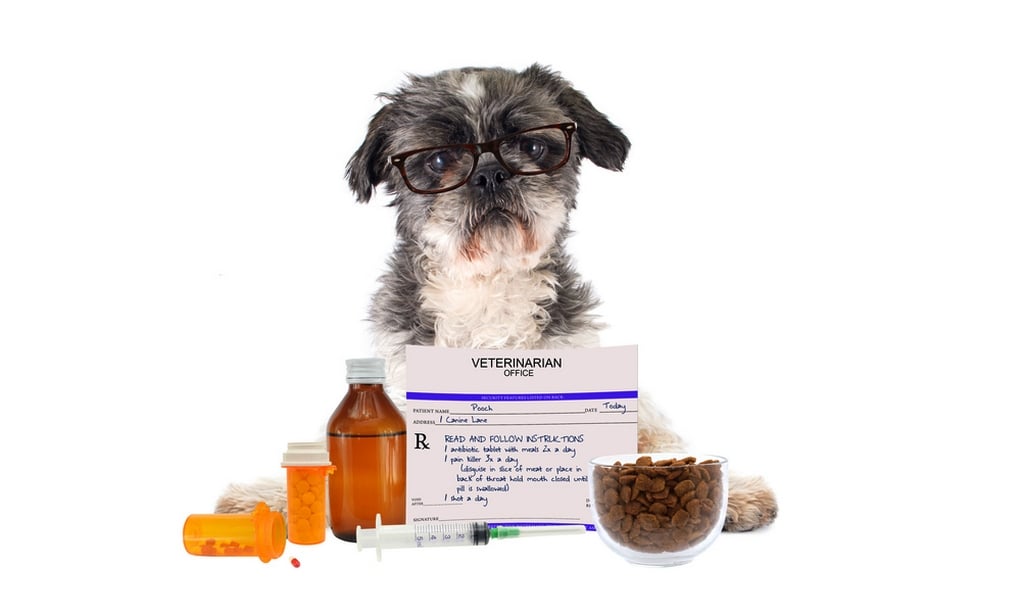
Frequently Asked Questions
Is it OK to give my dog probiotics daily?
When giving probiotics daily, you have to provide them with the right ones.
And the answer to this question will depend on the dog. If you have a dog with intestinal bacterial overgrowth or excessive gas, it is advised not to take probiotics every day.
On the other hand, most dogs do great with daily probiotics. Dogs that eat kibble or have a high-starch diet can thrive with daily probiotic consumption.
How much yogurt should I give my dog?
Generally, you can give yogurt to your dog by simply adding a spoonful and mixing it with their food. As I stated above in the Homemade Probiotic Recipes for Your Dog section, you can also use it as an ingredient in meals and treats.
Adding one to two teaspoons of yogurt a day to their meal is safe to give to your dog.
How do I know if my dog needs probiotics?
If your dog is planning to be on antibiotics, it'll need probiotics. Why? Because antibiotics can change your dog's gut health.
And these changes can lead to diarrhea, nausea, vomiting, and other gastrointestinal side effects. If you see these signs, your dog needs probiotics.
When your dog's GI tract is out of balance, it increases the number of harmful bacteria in your gut. Probiotics can help balance out and fight off these harmful bacteria.
How Fast Do Probiotics Work?
Probiotics typically work in a couple of days. On the first day, your dog should get some comfort from the arrival of good bacteria.
On the second day, things should be back to normal. If you're unsure about giving your pup probiotics, it is best to talk to your vet about it.

Homemade Probiotics For Dogs: Summary
We all want what's best for our dogs. That includes giving the best natural probiotic for dogs.
Because probiotics can give plenty of health benefits to our beloved best friend, one of the best benefits that probiotics provide is strengthening our dog's immune system.
Probiotics can also help prevent UTIs, diarrhea, yeast overgrowth, and more.
But when it comes to natural probiotics for dogs, these foods might be closer to your home than you think.
Foods like yogurt, soft cheeses, buttermilk, and kefir are probiotic-rich foods to get started.
In addition, you can find probiotics in apples, bananas, carrots, and broccoli. With these ingredients, you can create homemade dog foods focused on probiotics.
On the other hand, there are now probiotic supplements for dogs that you can buy online. But with natural probiotics, you can save a lot of money.
READ NEXT: PREBIOTICS FOR DOGS: 6 THINGS YOU MUST KNOW


